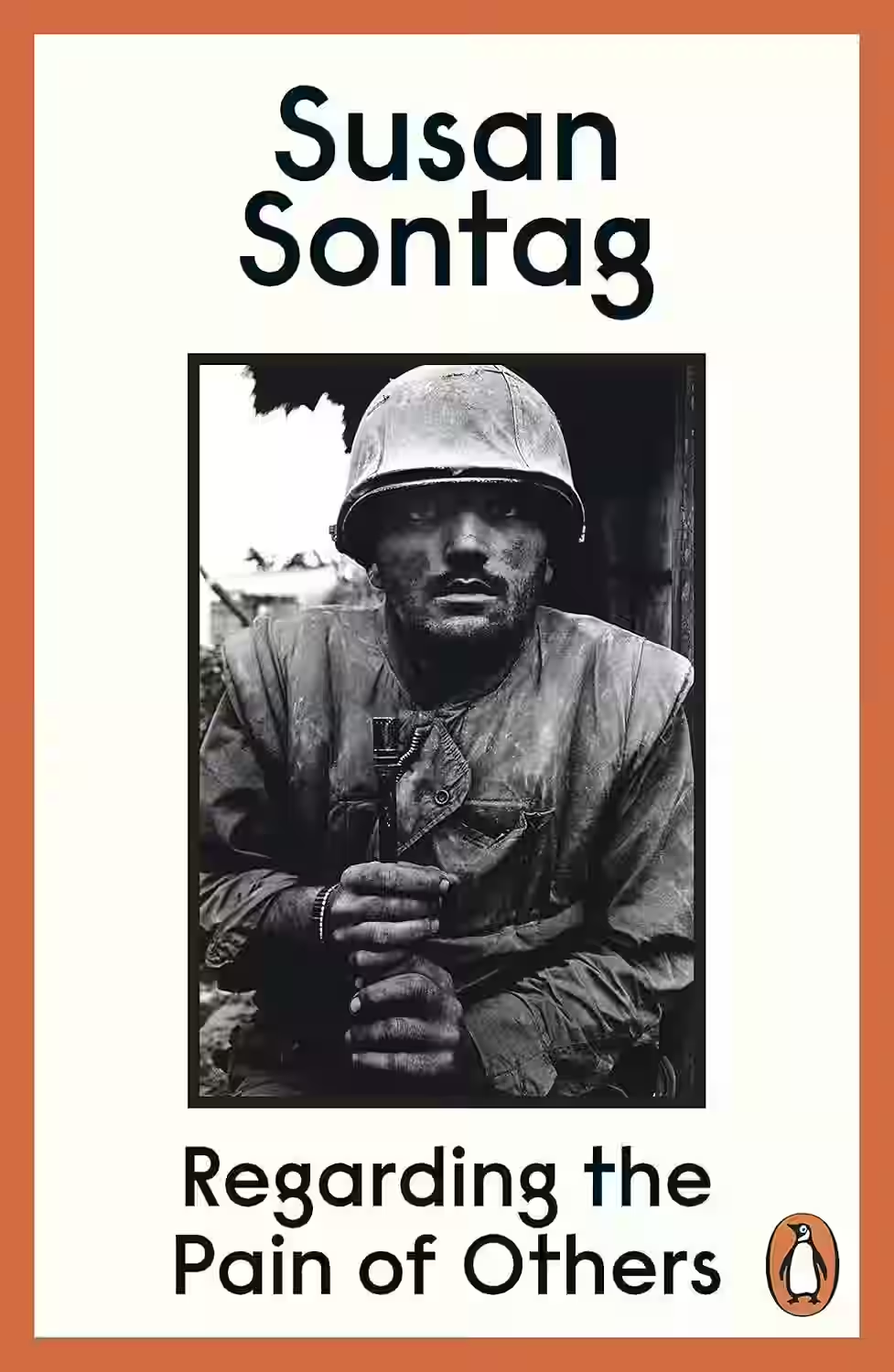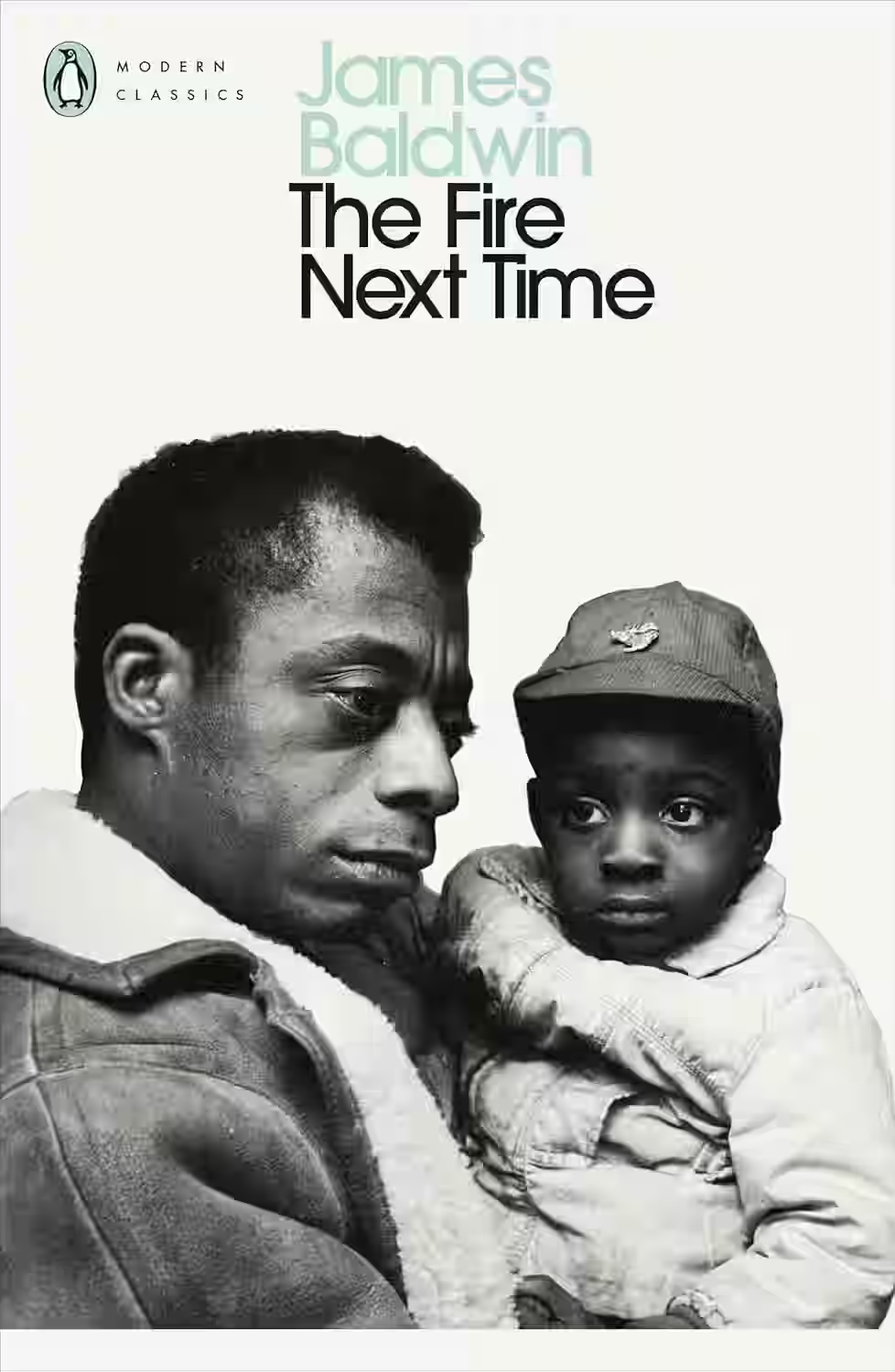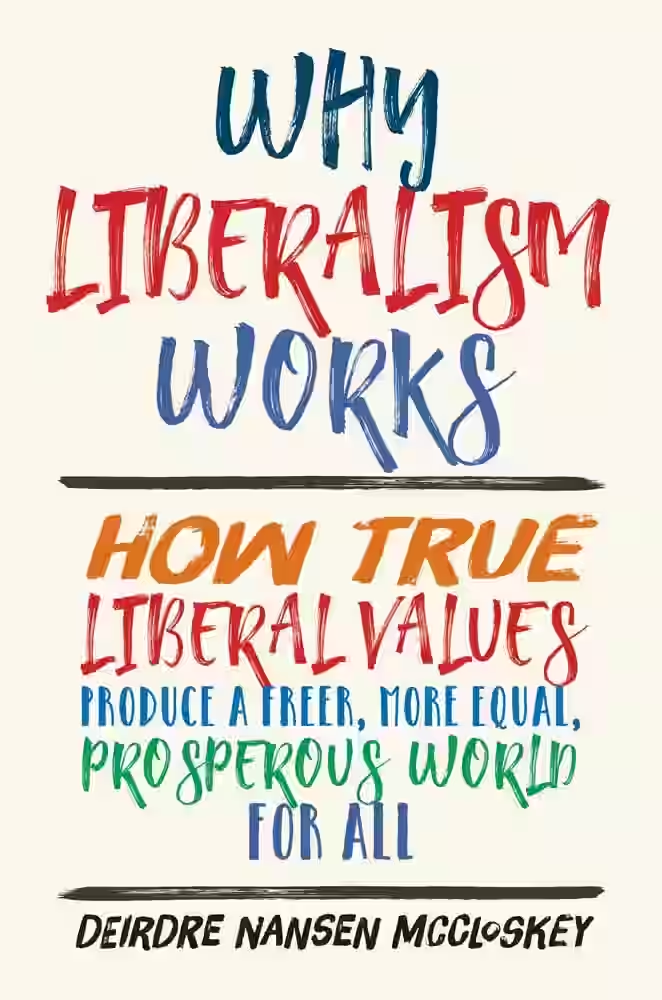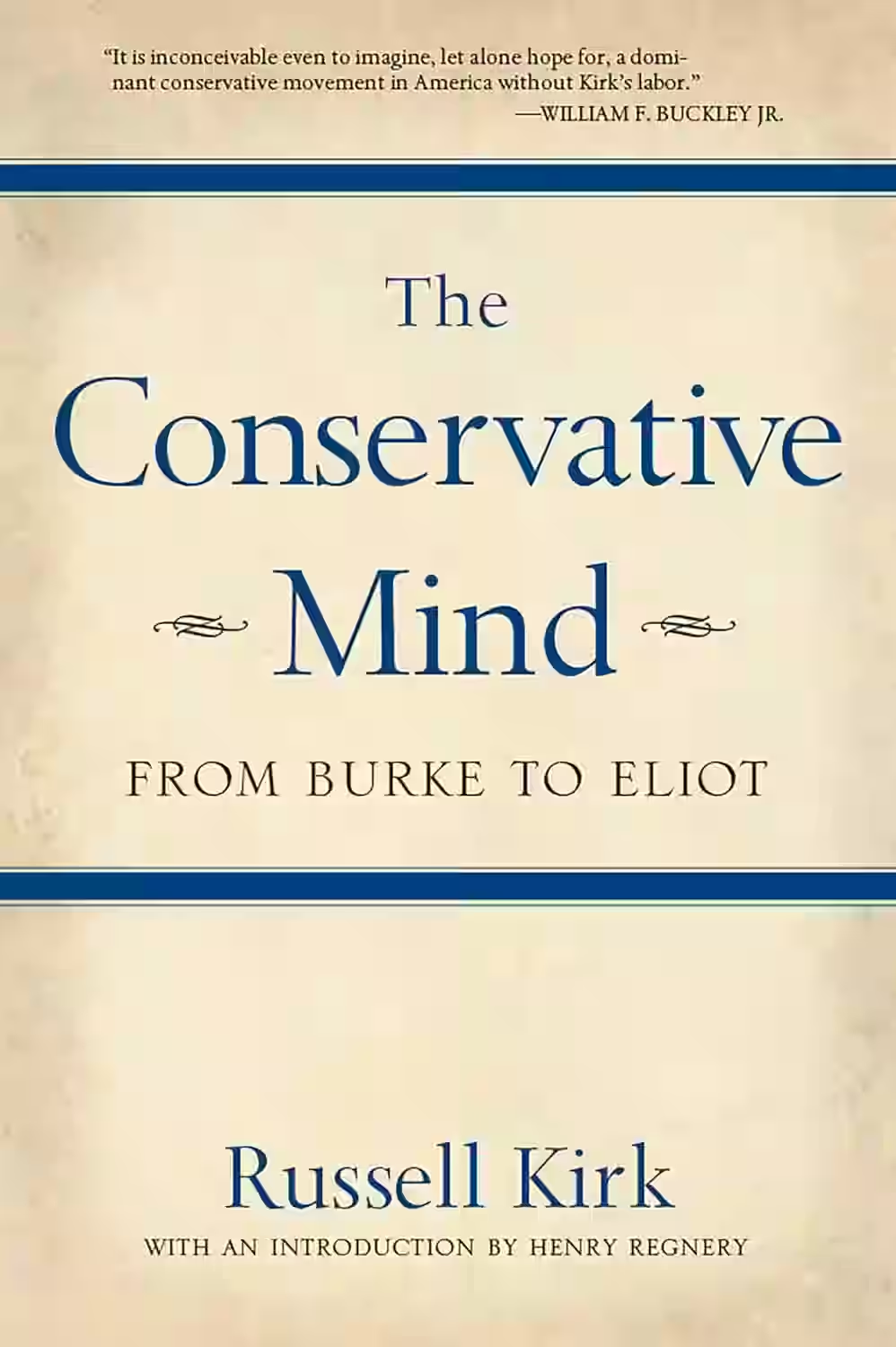
In 'Regarding the Pain of Others,' Susan Sontag delves into the complex dynamics of how photography shapes our perception of war and suffering. She explores the ethical and emotional ramifications of viewing such images, questioning their authenticity and the desensitization they may cause. Sontag provokes readers to confront their reactions to violence portrayed in media, urging for a deeper understanding beyond mere voyeurism. Through critical analysis and thought-provoking insights, she challenges the ways we consume and process visual representations of human pain. 'Regarding the Pain of Others' offers a poignant reflection on empathy, consciousness, and the power of images in shaping our worldview.
About Susan Sontag
Susan Sontag (1933-2004) was an influential American writer, filmmaker, and cultural critic known for her intellectual prowess and sharp analysis. Born in New York City, Sontag's writing spanned a wide array of subjects, including art, politics, illness, and human rights. Her most renowned works include 'On Photography,' which won the National Book Critics Circle Award, and 'Illness as Metaphor,' a groundbreaking examination of the cultural perceptions of illness. Sontag's impact on literature and cultural criticism is profound, with her provocative essays challenging readers to question societal norms and examine the complexities of human existence. Through her fearless intellect and distinctive voice, Sontag remains a towering figure in modern literary discourse.
Similar Books

The Fire Next Time
In this landmark work, James Baldwin delivers two searing essays on race, religion, and the Black experience in America. Written as a letter to his nephew and a reflection on his own spiritual journey, Baldwin confronts the deep-rooted legacy of racism and the urgency of racial justice. His prose is poetic and unflinching, blending personal narrative with philosophical insight. Published in 1963, The Fire Next Time remains a powerful and prescient call for empathy, change, and truth. Baldwin’s voice, both intimate and prophetic, continues to resonate in conversations about civil rights and America's unfinished struggle for equality.

Why Liberalism Works
In Why Liberalism Works, economist and historian Deirdre McCloskey mounts a spirited defense of classical liberalism—the belief in individual liberty, free markets, and democratic governance. She argues that liberal ideas have lifted billions from poverty, expanded human rights, and created unprecedented prosperity. McCloskey critiques both right-wing nationalism and left-wing authoritarianism, warning against threats to liberal values. Blending historical analysis with economic insight, the book challenges modern skepticism toward capitalism and open societies. It is a timely reaffirmation of liberalism's moral and practical foundations, encouraging a renewed commitment to tolerance, innovation, and dignity for all individuals.

The Conservative Mind: From Burke to Eliot
by Russell Kirk
In 'The Conservative Mind: From Burke to Eliot', Russell Kirk delivers a seminal work that traces the evolution of conservative thought from the 18th to the 20th century. Kirk meticulously examines the ideas of influential figures like Edmund Burke, Alexis de Tocqueville, and T.S. Eliot, shaping a comprehensive narrative of conservative principles that emphasizes tradition, order, and virtue. Through engaging prose, Kirk elucidates how these thinkers laid the intellectual groundwork for modern conservatism, advocating for prudence and a reverence for societal institutions. This book is a must-read for those seeking a deeper understanding of conservatism and its philosophical underpinnings.

The End of History and the Last Man
In 'The End of History and the Last Man,' Francis Fukuyama explores the concept of the end of history, arguing that liberal democracy represents the final form of government and the ultimate goal of human socio-political development. Fukuyama delves into the Hegelian idea of humanity's journey towards a universal state of freedom and democracy, positing that the fall of the Soviet Union marked the realization of this vision. However, he contemplates the challenges to this theory, particularly the rise of identity politics and challenges to the liberal democratic order. This thought-provoking book continues to spark debates on the future of global governance and ideology.